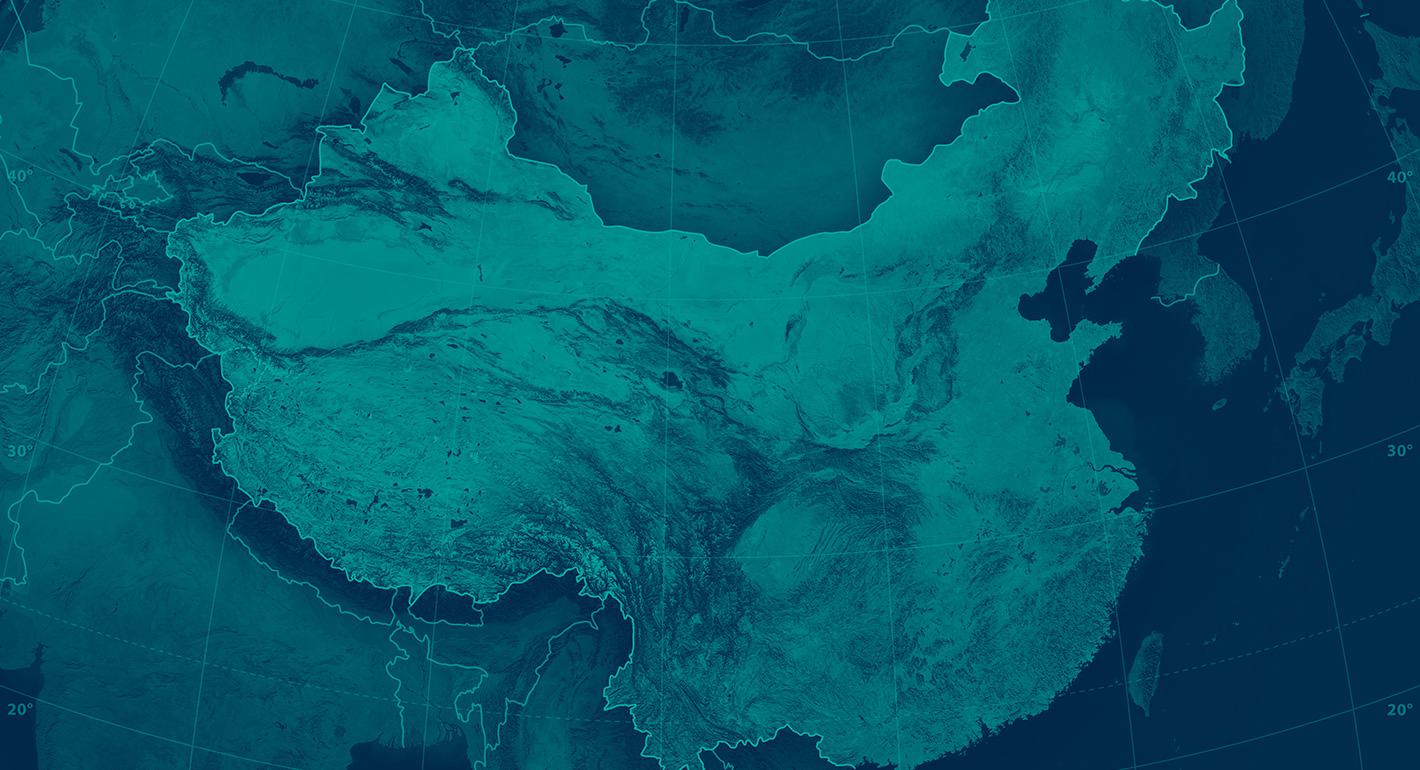Registration
You will receive an email confirming your registration.
Many in the West, especially Washington, have noted that China makes headline investment deals and provides political and economic support to governments around the world. But China’s engagement is, in fact, much broader than government-to-government ties. Outside national capitals, Chinese players are engaging local actors, from mayors, to community groups, to faith-based organizations in dynamic ways. This, in turn, is both entrenching China’s influence and compelling Chinese actors to adapt to and meet local demands. A multiyear Carnegie project explores adaptive strategies by Chinese actors in response to the demands of local partners across seven regions of the world.
Join us for a lively discussion of powerful similarities and intriguing differences in Chinese engagement with local communities across three regions—Southeast Asia, Latin America, and South Asia—and what can be learned by comparing local strategies and Chinese responses around infrastructure, investment, and public health.
